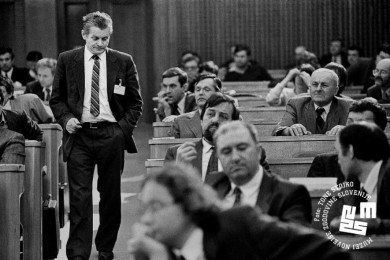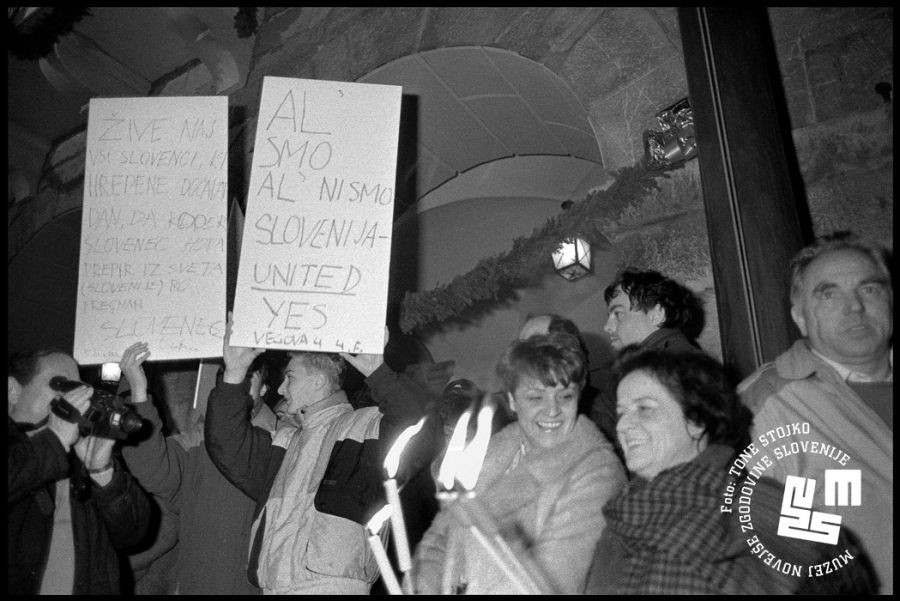15. 2. 1991: Two thirds of respondents have faith in an independent Slovenia
The proportion of such replies had increased by more than eight per cent compared to a survey conducted two weeks earlier. Almost two thirds of the respondents replied in the affirmative to the question of whether it would be easier for Slovenia after independence. They most frequently emphasised two reasons: "because Slovenia cannot be worse off than it is as a part of Yugoslavia" and "because Slovenians are hard-working and resourceful people".
Presented programme of the Minister of Culture
At the press conference, the Republic Secretary for Culture, which was the official title of the government minister, poet and writer, Dr Andrej Capuder, presented his work programme in his relevant field. He simultaneously rejected the complaints alleging that he was insufficiently engaged in his field. He highlighted that the preparation of the plan for culture was based on the efforts to "ensure the level of cultural activities attained in the Republic of Slovenia in previous years." Dr Capuder lobbied for funds for culture when the annual budget was being allocated and achieved the same level of funding as the year before.
The second anniversary of the Social Democratic Party
On the occasion of its second anniversary, the Social Democratic Party of Slovenia organised a press conference. France Tomšič, the party’s first president, explained "how the first opposition party in post-war Yugoslavia was established." The views on social issues, which were one of the basic guidelines of the party, were presented by Tit Turnšek. This view was further confirmed by the party’s president, Dr Jože Pučnik, who stressed that "the efforts to establish a social state was the party’s main driving force." In the same breath, Dr Pučnik added that a social state cannot be established "if there is no sovereign right to determine our own economic legislation." It was also highlighted at the press conference that Slovenian social democrats advocated private property and the immediate abolition of social ownership.
Decline in industrial production
The Economic Institute of the Faculty of Law, also known as the Bajt Institute, presented data revealing that Yugoslav industrial production was again declining rapidly. They pointed out low exports and a rapid increase in the Yugoslav foreign trade deficit. They also forecast the possibility of repeated foreign exchange illiquidity.
Problems with foreign currency withdrawals
Banks started a race for foreign currencies and Ljubljanska banka d. d. linked its lending policy to foreign currencies. It claimed that it was possible to obtain a loan in the ratio of one to five on the basis of the deposited Dinar equivalent of sold foreign currencies. A 10-per-cent annual interest rate would apply for term deposits, while a 29-per-cent fixed interest would have to be paid for a loan with a repayment period of up to two years. Slovenia’s largest bank also communicated that it was possible to withdraw from a savings account or a foreign currency account only once a month and only up to one thousand Deutsche Mark in cash or travellers’ cheques.
Author: Renato Podbersič ml.
Similar articles
-
Triumphant Year of 1991
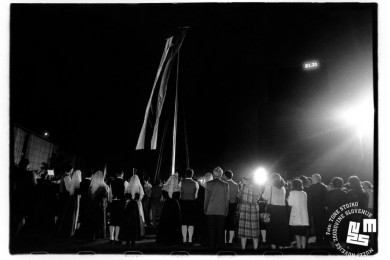
-
9. 5. 1991: Facilitated processing of independence laws
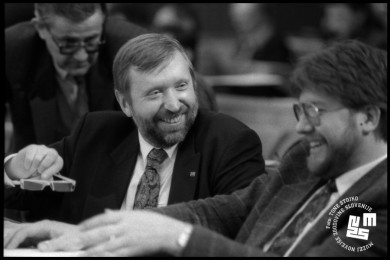
-
2. 3. 1991: Slovenians abroad and around the world in concern for Slovenia
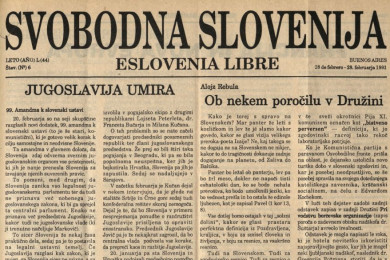
-
1. 3. 1991: Franco Juri against the transfer of conscripts to the Slovenian Territorial Defence
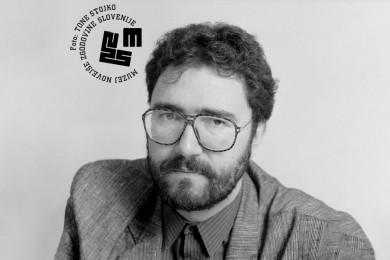
-
28. 2. 1991: Prepared defence and protection act proposal to ensure a plebiscite decision
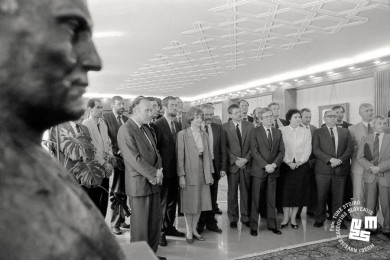
-
27. 2. 1991: The persistently looming red star
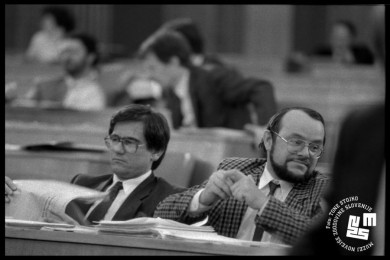
-
26. 2. 1991: A hopeless search for the Yugoslav modus vivendi
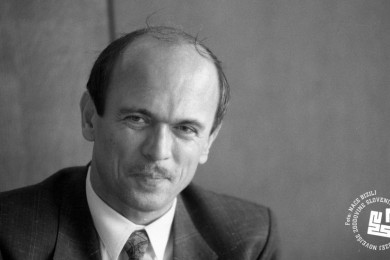
-
16. 2. 1991: Ciril Ribičič on the red star and reservations about the dissolution of Yugoslavia
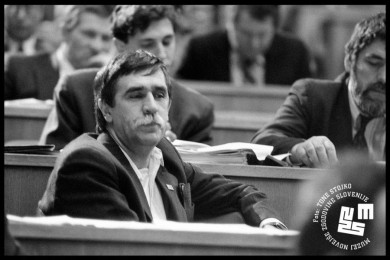
-
15. 2. 1991: Two thirds of respondents have faith in an independent Slovenia
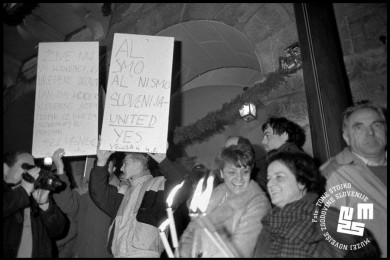
-
27. 1. 1991: Between a relaxation of tensions at home and a deteriorating situation in the Middle East
